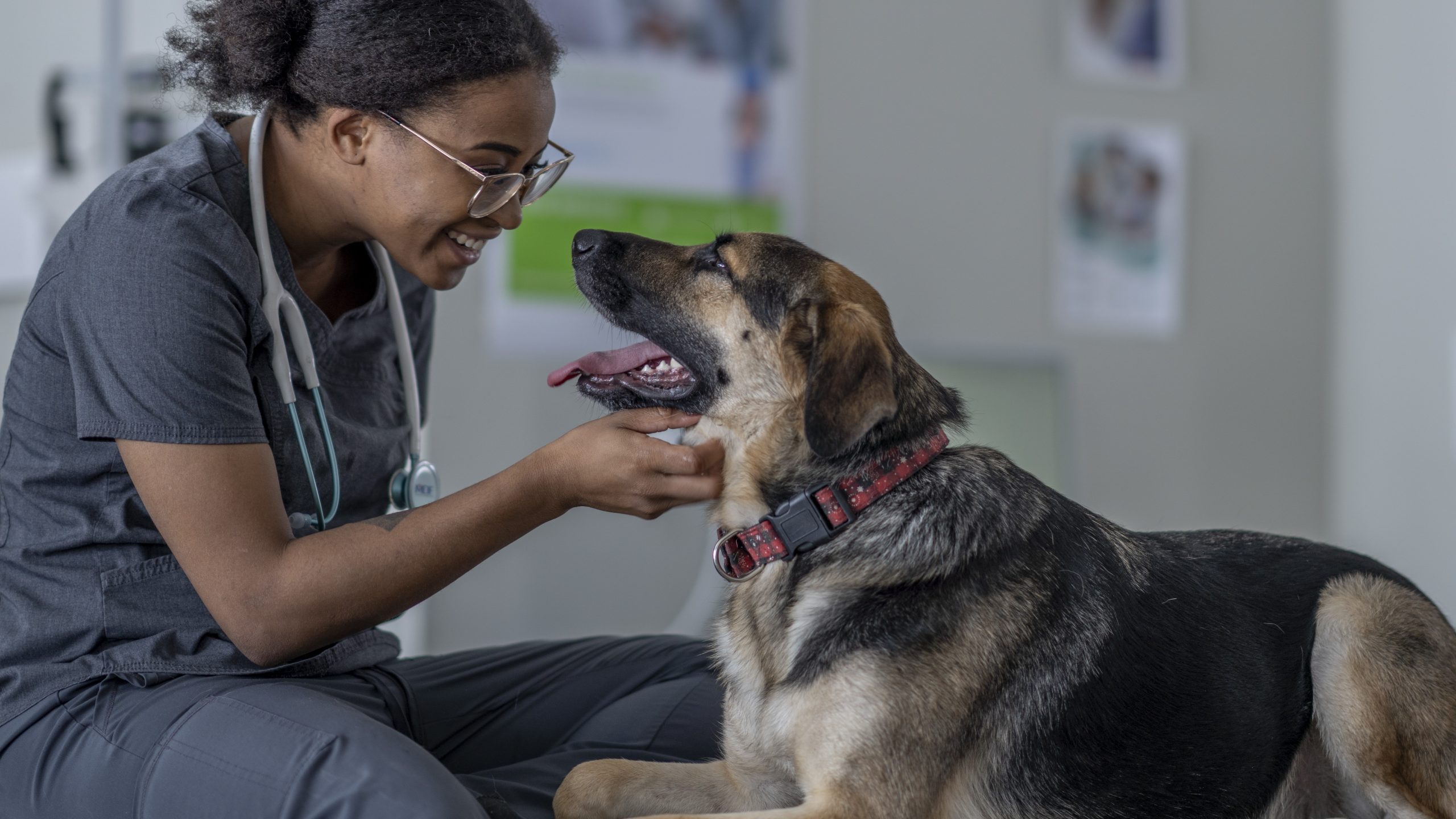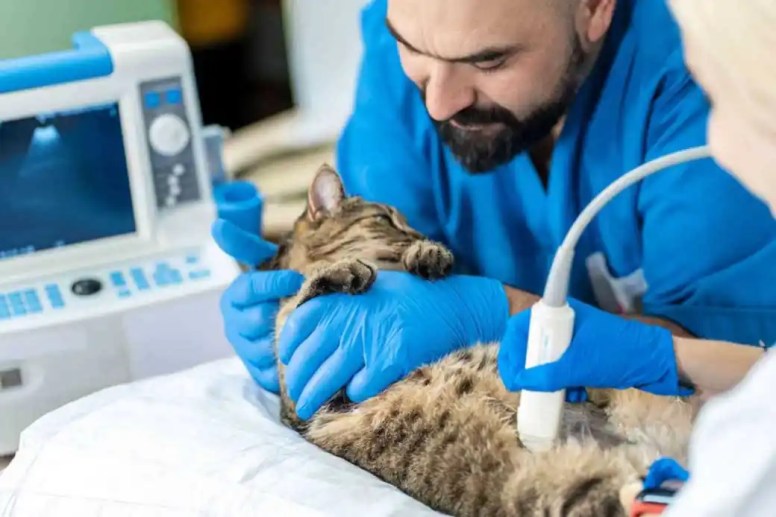The Role of Pet Vaccinations in Fighting Serious Health Issues for Your Pets
The Role of Pet Vaccinations in Fighting Serious Health Issues for Your Pets
Blog Article
Inoculation Guidelines From Your Trusted Veterinarian
Vaccination guidelines provided by your relied on veterinarian play a vital function in guarding your family pet's wellness and wellness. Core vaccines are basic for all pets, while non-core vaccines can be customized to environmental exposures and certain way of lives. Understanding the subtleties of vaccination timetables, which begin as early as 6 to eight weeks, is essential for ideal protection. In addition, attending to common misunderstandings bordering vaccinations can additionally enhance pet dog owners' self-confidence in these safety nets. As we check out these critical elements, it comes to be progressively clear why normal assessments with your vet are essential for educated decision-making.

Relevance of Vaccinations
Inoculations play a crucial function in protecting animals against a series of avoidable illness. By stimulating the body immune system to identify and fight specific virus, injections dramatically lower the occurrence of transmittable conditions that can influence an animal's health and wellness and durability. Not just do inoculations shield private animals, yet they additionally add to herd immunity, therefore minimizing the overall frequency of illness in the pet dog population.
Prompt vaccinations help to minimize the spread of illness such as rabies, parvovirus, and distemper, which can have extreme repercussions for both humans and family pets. Vaccinations are frequently a need for boarding facilities, brushing solutions, and canine parks, making them necessary for those who wish to mingle their pets.

Core Vaccines for Pets
While the details vaccination needs of animals can vary based on private elements, core vaccines are widely recommended to protect versus the most common and significant conditions (Pet Vaccinations). Core vaccines are those regarded vital for all animals, no matter their way of life or geographical location, as they guard against potentially deadly and very infectious illnesses
For dogs, the core vaccines include those for canine distemper, parvovirus, adenovirus (hepatitis), and rabies. Adenovirus can result in liver illness, while rabies is a zoonotic illness that presents a danger to both human beings and pet dogs.
In pet cats, core vaccinations encompass feline panleukopenia, feline calicivirus, feline herpesvirus (rhinotracheitis), and rabies. Feline panleukopenia is a highly contagious viral disease that affects the immune system and intestines. Calicivirus and herpesvirus are major contributors to upper respiratory infections in felines, while rabies stays an important concern for public health.
Speak with your vet to ensure your animals receive their core vaccinations on time.
Non-Core Vaccines Explained
Non-core vaccinations are customized to deal with particular dangers connected with a family pet's direct exposure, environment, and lifestyle to particular illness. Unlike core vaccines, which are globally suggested for all animals, non-core vaccinations are taken into consideration based upon individual conditions. These injections are particularly vital for family pets that may encounter one-of-a-kind microorganisms due to their geographical area, travel behaviors, or activities.
Instances of non-core vaccines consist of those for Bordetella bronchiseptica, which is linked to kennel coughing, and Lyme condition, triggered by ticks. Pet dogs that often connect with other pets, such as those in boarding facilities, pet dog parks, or grooming atmospheres, may gain from Bordetella inoculation. If you live in an area where Lyme illness is widespread, vaccinating versus this disease can be a prudent selection for outdoor-loving dogs.
Other non-core vaccinations may consist of those for leptospirosis, canine flu, and feline leukemia, depending upon the details risk elements existing. It is important to have a thorough discussion with your veterinarian regarding your pet dog's way of living and the potential need for these injections, making certain a customized inoculation approach that best safeguards your fuzzy friend.
Vaccination Schedule Introduction

As family pets grow, it is essential to abide by the recommended booster vaccinations. Pet Health Checkup. For adult animals, core vaccinations are typically provided every one to three years, depending upon the details vaccination and local view it policies. Non-core injections may be encouraged based upon way of living variables and local condition frequency, necessitating a tailored approach
Regular veterinary check-ups are essential for updating vaccination schedules. Your veterinarian can provide advice on one of the most ideal booster shots for your pet dog, considering age, health and wellness condition, and environmental risks. By staying proactive and educated, pet dog proprietors can ensure their furry companions receive prompt and reliable vaccinations, thereby safeguarding their wellness and health throughout their lives.
Typical Myths About Vaccinations
Misunderstandings about pet inoculations can cause confusion and reluctance amongst animal owners regarding the booster shot process. One prevalent misconception is that vaccinations are unnecessary for indoor pets. While it's real that interior pets encounter lower risks, they are not entirely immune to diseases, as virus can be check my reference introduced via different methods, consisting of human clothes and various other animals.
An additional false impression is that injections can create the illness they intend to avoid. Actually, the majority of injections have suspended or attenuated pathogens, which can not trigger condition in healthy pets. Some pet proprietors also think that their animals need to not be vaccinated if they are currently healthy; nevertheless, inoculations are a proactive procedure that aids avoid the start of disease.
Furthermore, many animal proprietors are afraid that vaccines will bring about long-term health and wellness difficulties. While adverse effects can happen, they are short-term and normally mild. The benefits of inoculation-- protecting animals from possibly serious diseases-- much surpass the threats. Understanding these common myths is critical for responsible animal ownership and making certain the health and wellness of your furry buddies. Constantly consult your vet for exact details customized to your pet dog's specific needs.
Verdict
In recap, adherence to vaccination standards is essential for ensuring the wellness and longevity of pet dogs. Dispelling usual misconceptions bordering vaccinations additionally reinforces the value of informed decision-making in family pet click this site treatment.
Not only do inoculations protect private pets, however they additionally contribute to herd immunity, therefore reducing the general frequency of diseases in the family pet populace.
Mistaken beliefs about animal inoculations can lead to complication and reluctance among family pet proprietors regarding the immunization procedure. While it's real that indoor family pets encounter lower risks, they are not totally immune to illness, as virus can be presented through various means, including human garments and various other pet dogs.
Some pet dog proprietors also believe that their animals ought to not be vaccinated if they are currently healthy and balanced; nevertheless, inoculations are an aggressive action that aids prevent the onset of disease.
The benefits of vaccination-- protecting pets from potentially dangerous illness-- far exceed the dangers.
Report this page